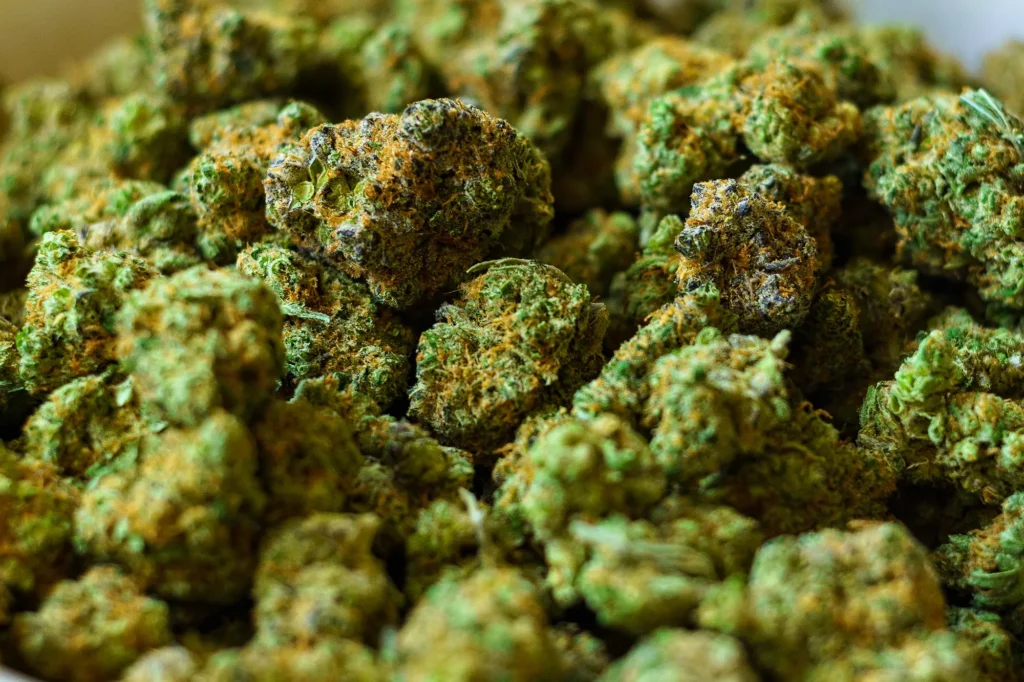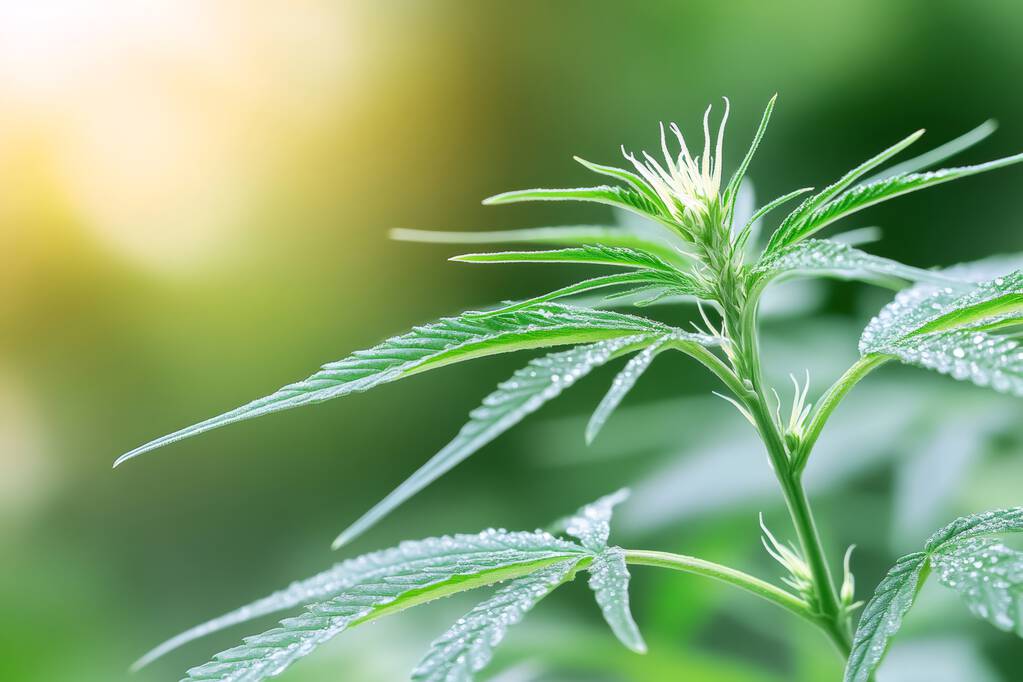In its largest operation to date, the state’s Unified Cannabis Enforcement Task Force dedicated to eradicating illegal cannabis operations conducted a large-scale, multi-agency operation in the Central Valley, leading to the seizure of 105,700 illicit cannabis plants and 22,057 pounds of processed cannabis worth $123.5 million.

Through the Task Force, during the week of May 5, 2025, more than 200 sworn officers and staff from 15 state, local, and federal law enforcement partners coordinated a multifaceted search warrant operation through Kern, Kings, and Tulare counties in an area of about 4,600 square miles, according to a press release from Governor Gavin Newsom’s office.
“Let this be a reminder to all who grow cannabis illegally: we won’t tolerate the undermining of our legal industry and impacts to our environment”, said Governor Newsom. “I appreciate the multi-agency, cross-county efforts to take on the illicit market.”
Continue reading














